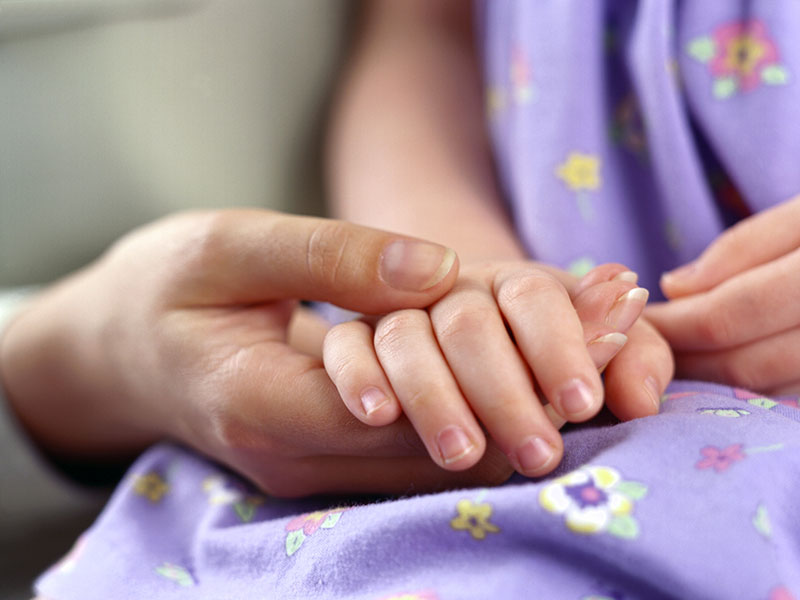Explaining, Easing the Horror of Mass Shootings for Your Kids

MONDAY, Aug. 5, 2019 (HealthDay News) -- Over the past weekend, 21 people were killed in a mass shooting at a Walmart in El Paso, Texas, while a separate incident in Dayton, Ohio, claimed the lives of nine people. Dozens more were injured.
For adults, horrific and senseless events like these have become a tragic, recurrent aspect of American life over the past few decades.
But for children, and especially very young children, they can be a new and frightening phenomenon. Child psychiatrist Dr. Victor Fornari said there are ways parents can help minimize the psychological toll on their kids.
First, keep kids' exposure to news coverage of the events to a minimum.
"Ideally, parents should monitor TV and radio so as not to have children exposed to trauma," said Fornari, who is vice chair of child & adolescent psychiatry at Zucker Hillside Hospital in Glen Oaks, N.Y.
According to the American Psychological Association (APA), there's data that suggests that very young kids believe that an event is reoccurring each time they see it replayed on television news.
Children also model their reactions after parents, so Mom and Dad "need to remain calm and reassuring," Fornari said. "If parents are overwhelmed, it's best for them to gain composure before speaking with their children."
And when it comes to explaining these tragedies, "it's best for parents to follow the lead of their children and answer their questions and concerns as they arise, rather than for parents to discuss the details of these horrific events," Fornari advised.
"I suggest parents remind their children that most people are good," he said. "There are some people who are angry and behave very badly, but the world is generally a safe place."
According to the APA, children will react differently to reports of events such as school shootings. "Some will have no ill effects; others may suffer an immediate and acute effect. Still others may not show signs of stress until sometime after the event," the group noted.
And as with every sensitive subject, "parents should gear comments to developmental level of their children, minimizing traumatizing kids," Fornari said.
According to the APA, "most children are quite resilient and will return to their normal activities and personality relatively quickly." But effects may linger for some, and parents should be alert to signs of hidden trouble, such as slipping grades, excess worry, sleeplessness or an apathy towards activities the child previously enjoyed.
In response to the unpredictability and potential loss of life that comes from mass shootings, many schools across the nation have initiated regular drills to help prepare students, should such a rare event occur.
According to Fornari, while useful, such drills "can also heighten anxiety for some youth."
Children with a pre-existing anxiety disorder, which may be up to 10% of all kids, could be especially affected. "Kids with earlier traumatic experiences are also at higher risk for heightened anxiety," Fornari said.
And adults may have their own psychological issues to deal with as they watch yet another gun massacre unfold on TV. Becoming "numbed" to the experience is a common reaction, Fornari said.
"The frequency of shootings is alarming" and there's "frustration that no real measures have been implemented to minimize these events," he said.
"Is that healthy? Becoming numb to school shootings is not healthy, but, understandable," Fornari said.
More information
There's more on easing kids' trauma at the American Psychological Association.

The news stories provided in Health News and our Health-E News Newsletter are a service of the nationally syndicated HealthDay® news and information company. Stories refer to national trends and breaking health news, and are not necessarily indicative of or always supported by our facility and providers. This information is provided for informational and educational purposes only, and is not intended to be a substitute for medical advice, diagnosis, or treatment.

